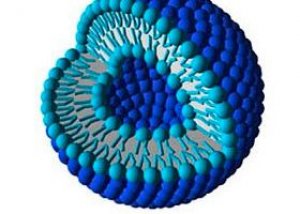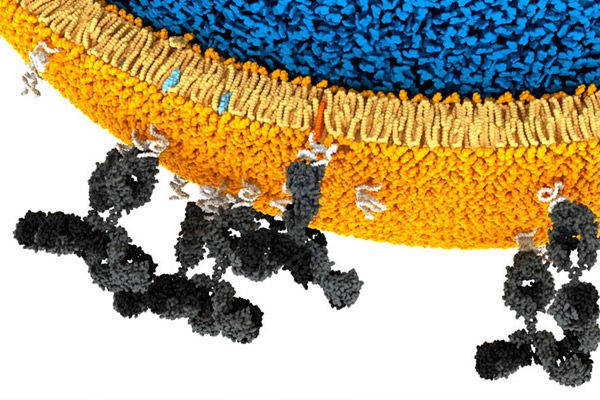
All iLive content is medically reviewed or fact checked to ensure as much factual accuracy as possible.
We have strict sourcing guidelines and only link to reputable media sites, academic research institutions and, whenever possible, medically peer reviewed studies. Note that the numbers in parentheses ([1], [2], etc.) are clickable links to these studies.
If you feel that any of our content is inaccurate, out-of-date, or otherwise questionable, please select it and press Ctrl + Enter.
Liposomes are the future of medicine
Last reviewed: 02.07.2025

An international research group, which also included specialists from the Moscow Institute of Physics and Technology, published a review of liposomes (microscopic capsules that have found application in pharmacology and medicine) in a scientific journal.
The group of scientists was headed by Vladimir Torchilin, a professor at a private research university in Boston. In their article, the specialists shared the main achievements in the field of working with liposomes, as well as the prospects for their use.
Liposomes are microscopic membranes whose walls are similar to cell membranes. They were first obtained more than 50 years ago. In the 1970s, scientists tried to use liposomes to deliver drugs, and now this method of treatment is used for many diseases, including cancer.
Many articles have been written about liposomes, they continue to be studied by researchers from all over the world, and the new article by Torchilin's group describes in detail the main achievements in this area, in particular, modern technologies for obtaining liposomes, their advantages and disadvantages, describes the main types that have different wall structures, and also examines methods for delivering drugs using liposomes (the drug can be released slowly or immediately after interaction with a certain type of cell).
A method has been developed that allows for the delivery of drugs directly to the site of inflammation, the so-called “targeted delivery of substances,” to which scientists pay special attention, as they believe that this method of treatment will become the basis of the medicine of the future.
For example, targeted delivery in oncology will help to significantly reduce the manifestation of side effects of the body, even when using extremely toxic drugs.
In addition, liposomes are now being used to develop a new dosage form of a widely used anti-inflammatory drug – Diclofenac. Almost all drugs have different forms, while the same one can be produced in different forms – syrup, tablets, suspension, etc.

If, for example, you take Diclofenac, place it in liposomes, add substances that increase skin permeability and make it into an ointment, it will be more effective than what is currently used. Non-steroidal anti-inflammatory drugs (diclofenac, ibuprofen, paracetamol) are included in most over-the-counter painkillers, so the use of liposomes in this area has great potential.
Liposomes can also increase the effectiveness of anesthetics, which will be delivered directly to nerve endings.
There are currently a number of experimental anti-cancer drugs that are showing good efficacy in the early stages of research.
The research group's paper also briefly mentioned the use of liposomes in areas other than pharmacology.
For example, liposomes are used for diagnostics or research tests, using them to deliver special markers. A liposome gel has also been developed for chemical analysis of substances, which consists of many microscopic capsules with signal molecules.
 [ 1 ], [ 2 ], [ 3 ], [ 4 ], [ 5 ], [ 6 ], [ 7 ], [ 8 ], [ 9 ], [ 10 ]
[ 1 ], [ 2 ], [ 3 ], [ 4 ], [ 5 ], [ 6 ], [ 7 ], [ 8 ], [ 9 ], [ 10 ]
